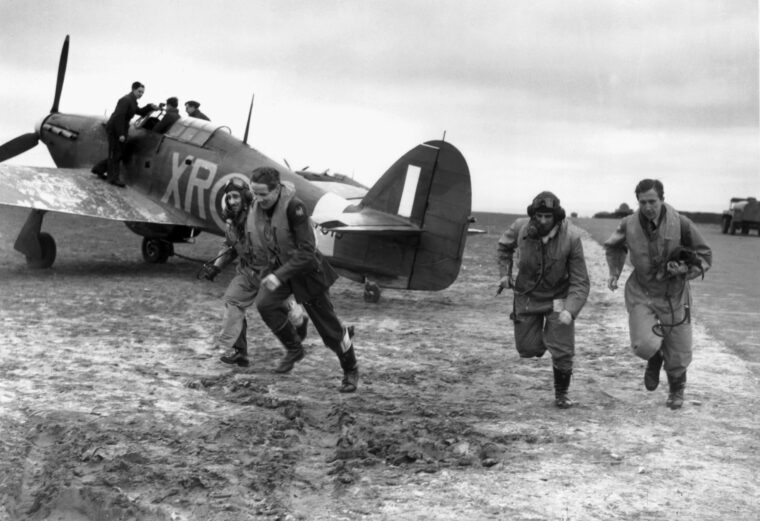
Summer 2010
WWII Quarterly, Editorial
Learning from the Past
By Flint WhitlockWelcome to this, our fourth issue! We have packed it like a seabag or field pack with features we are sure you will find of interest. Read more
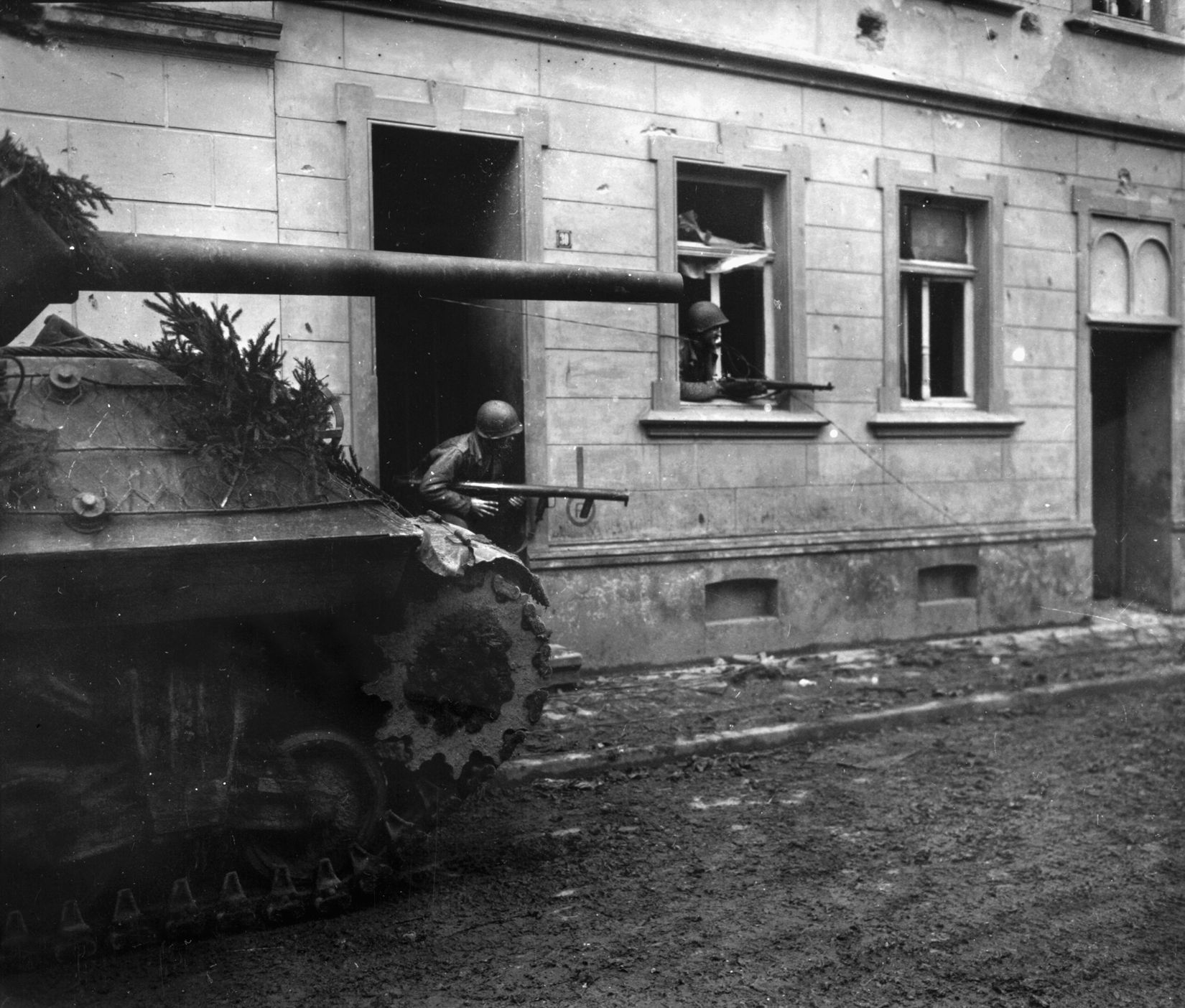
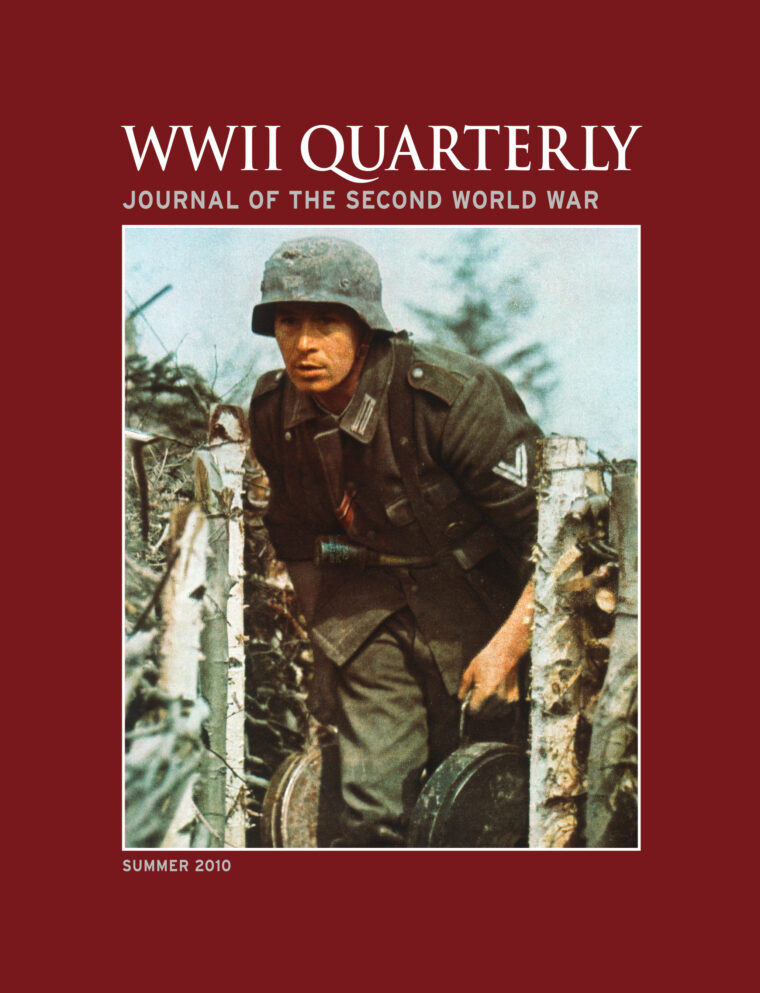

Summer 2010
WWII Quarterly, Editorial
Welcome to this, our fourth issue! We have packed it like a seabag or field pack with features we are sure you will find of interest. Read more
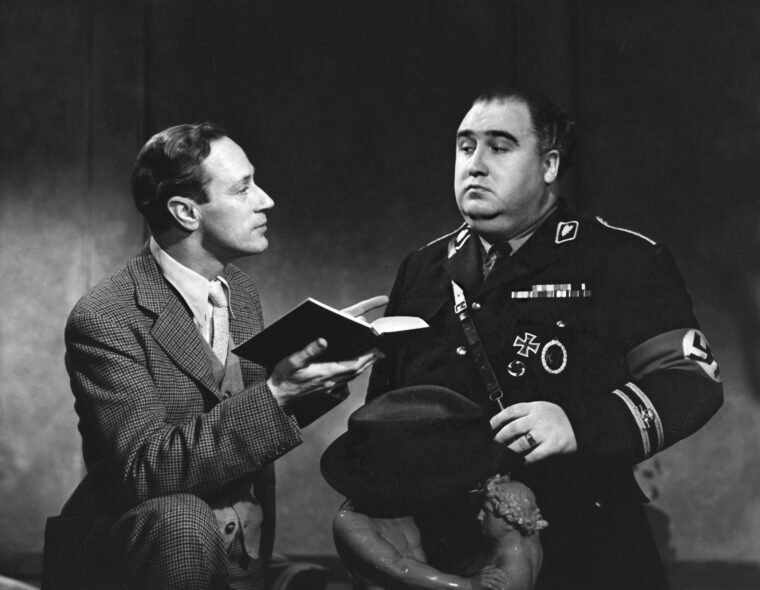
Summer 2010
WWII Quarterly, Personality
By June 1, 1943, British actor Leslie Howard, 50, was one of the most famous actors in the world, one of the leading male stars of one the greatest box-office draw movies of all time, the 1939 blockbuster Gone with the Wind. Read more

Summer 2010
WWII Quarterly, Museums
One of the world’s great military museums is also one of the newest: the National Museum of the Marine Corps (known as the “Marine House” by those who staff it), located just outside the Marine Corps base at Quantico, Virginia––about 40 miles south of Washington, D.C. Read more
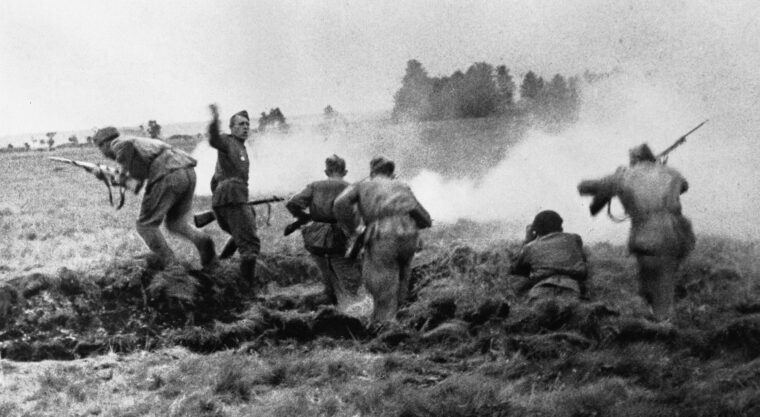
Summer 2010
WWII Quarterly
Operation Bagration, the largest operation of World War II, has never been adequately acknowledged in the West to the same extent as a number of smaller campaigns. Read more
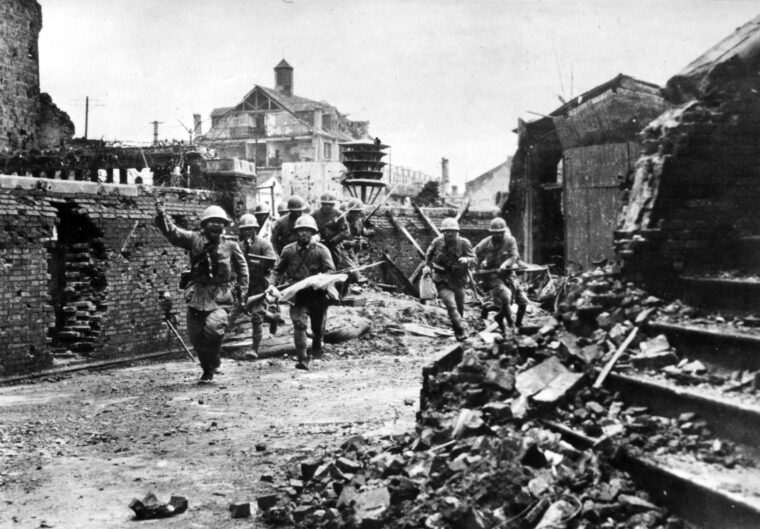
Summer 2010
WWII Quarterly
Japan’s road to World War II was a long one. Throughout the late 19th century, the island nation broke out of its feudal past on a path to modernity with a ruthlessness and singlemindedness that would have scared Western nations had they been paying attention. Read more
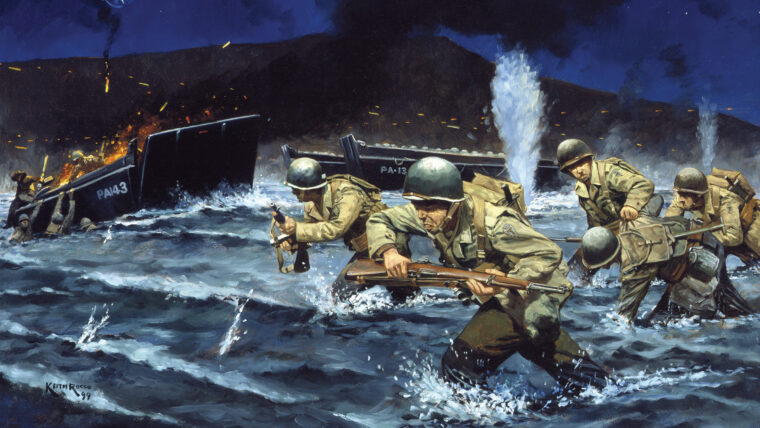
Summer 2010
WWII Quarterly
As the 450 ships of the Operation Avalanche invasion force approached Salerno on the evening of September 8, 1943, the Allied troops, packed tightly aboard transport vessels, broke into wild celebration. Read more
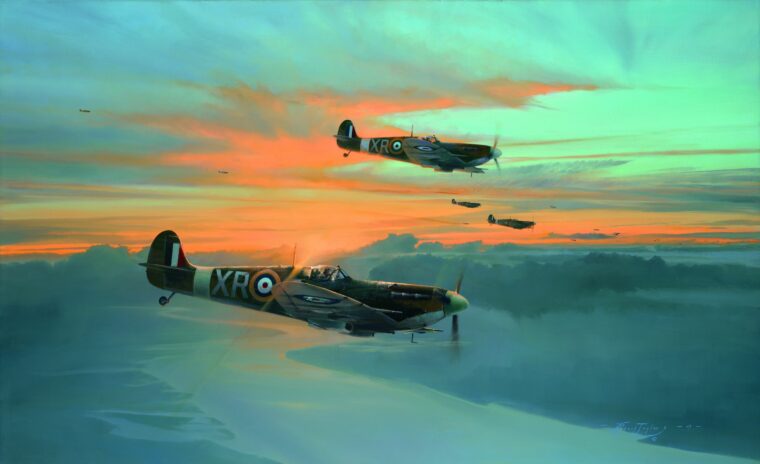
Summer 2010
WWII Quarterly
The “few” who defended Great Britain in the sky during the days it stood alone against Hitler would have been hundreds fewer without the volunteers from outside the British Empire. Read more
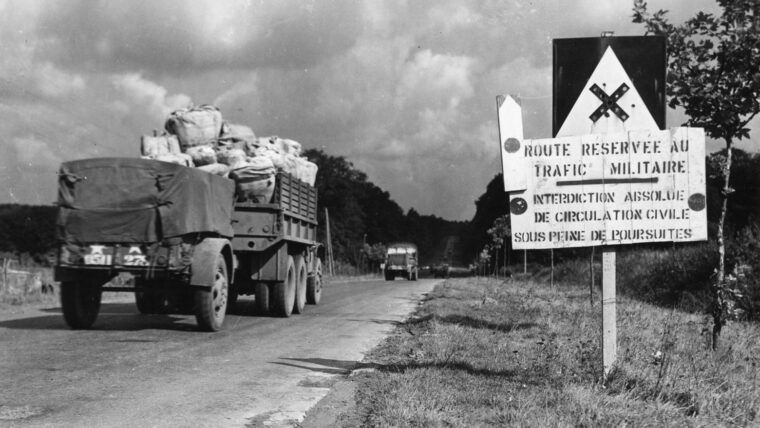
Summer 2010
WWII Quarterly
While supply and logistics may seem like dull, dry topics, they are absolutely essential to military operations, for no victory can be achieved without a steady, uninterrupted flow of food, fuel, ammunition, clothing, medical supplies, and other key matériel. Read more
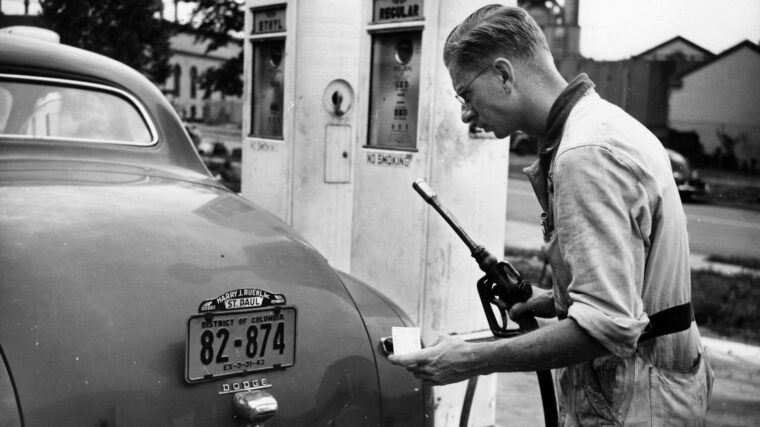
Summer 2010
WWII Quarterly
In 1941-1942, British journalist Alistair Cooke traveled through the United States. In his description of his trip, American Home Front 1941-1942, he reported stopping for breakfast at a restaurant in West Virginia where, “the sugar was rationed at breakfast, and there was a note on the menu requesting that … in the interests of ‘national defense,’ keep to one cup of coffee.” Read more
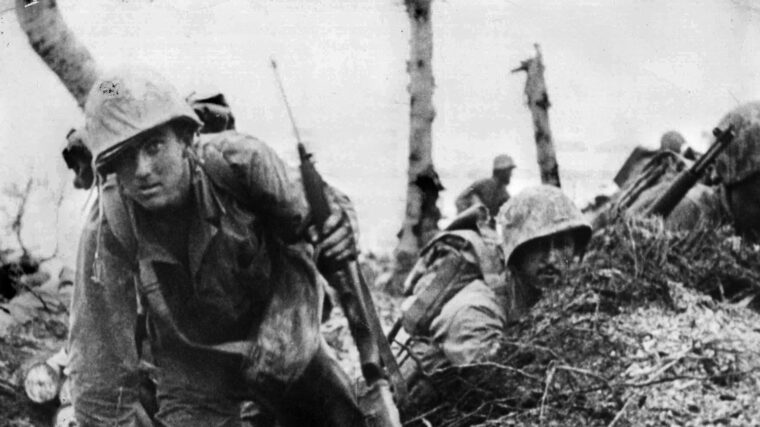
Summer 2010
WWII Quarterly
By the summer of 1944, the United States was advancing on Japan’s Home Islands in a two-pronged attack through the Central and Southwest Pacific theaters. Read more
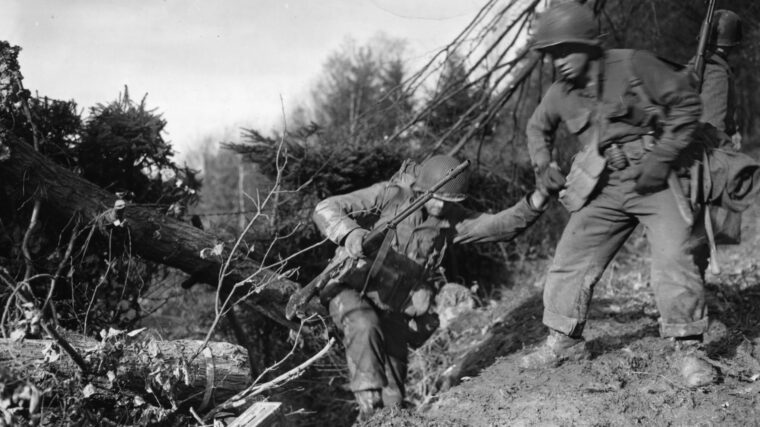
Summer 2010
WWII Quarterly
Hürtgen Forest. Chilling rain, freezing fog, mud, impenetrable forest. Unremitting misery for GIs and Landsers alike. War correspondent Ernest Hemingway famously called it “Passchendaele with tree bursts.” Read more